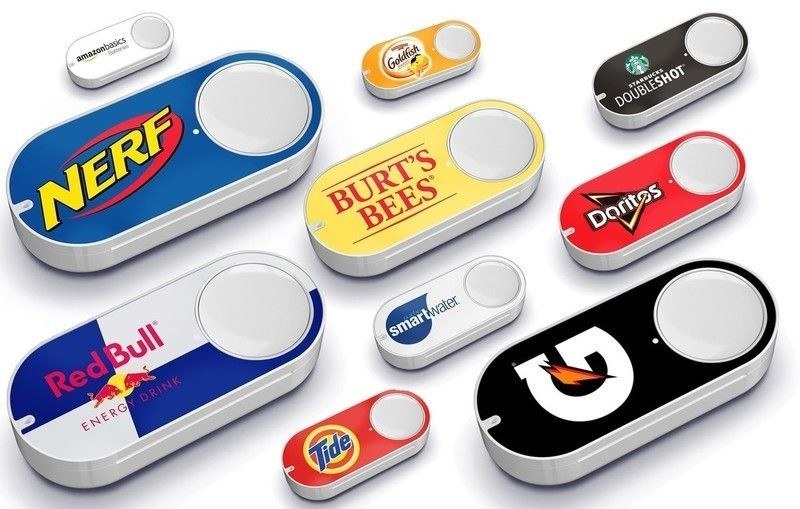Facebook goes after cryptocurrencies
There's been rumblings about a Facebook-backed cryptocurrency for a while, but a New York Times report confirms that the secretive project is gaining steam:
The company is working on a coin that users of WhatsApp, which Facebook owns, could send to friends and family instantly, said five people briefed on the effort who spoke on the condition of anonymity because of confidentiality agreements. The Facebook project is far enough along that the social networking giant has held conversations with cryptocurrency exchanges about selling the Facebook coin to consumers, said four people briefed on the negotiations.
Facebook, no stranger to controversy, would like to take on currencies next. I'm sure that will go down well with governments, who are already mulling antitrust investigations into the company for abusing a dominant market position.
What's unclear about the Facebook project is why it's even a cryptocurrency if it's centrally controlled? It's essentially just digital currency, so muddling the two technologies together has unclear advantages unless it plans to market it as an independent currency to avoid controversy.
According to the report Facebook plans to ship a product around this within the first half of the year. If Facebook were to launch any kind of coin, it could get serious traction due to sheer adoption of WhatsApp alone, which would make it hit the mainstream overnight.
The benefit to Facebook is clear: a coin would allow it to avoid transaction fees from payment gateways, and would keep all funds within its own network. Keeping in mind that it's launching tools to pay creators, along with other schemes in different spaces like Groups, that makes a bunch of sense: draw people in with the allure of money, and ensure they must use their 'coin' to access it.
Again, this seems ill-advised given the current climate, but the sense I get from employees at the company is they don't understand why many of their actions could be perceived as a negative. Surely governments, sensing the threat against their own currency's stability if it were to gain popularity, will not take the launch lightly.
The report also points out that the messaging service Telegram is getting close to launching a currency in its app, so it looks like 2019 may be the year of messaging apps launching digital currencies to solve... something.
Amazon kills the Dash button

The Amazon Dash button was always a quirky idea: a physical button you put next to your toilet paper or washing machine, so that you can easily press it and magically summon more toilet paper from the internet without ever using a computer.
The idea of gluing a brand's logo inside my home was always a quirky one, but it also had some legs in helping build the idea of the smart home. Back in 2015, when it was unveiled, there wasn't much happening with connected devices yet and I hadn't yet been required to run a firmware update on a lightbulb.
The Dash button died, in my mind, because Amazon charged customers to use them. To stick something on the wall that ostensibly benefitted Amazon more than me, and charge $5 a piece for them, seemed like an odd sell. Buying stuff isn't that hard, after all.
But, it was also killed by more modern ideas: you can just subscribe to things now. Want toothbrushes delivered monthly? That's a thing. The same goes for toilet paper, washing powder, and so on, so the idea of gluing up random buttons around the place makes even less sense.
Dash was a fun, hacky way to get dumb appliances online, but as more appliances have connected to the internet (for better or worse), it's become easier to just know when it's time to re-order stuff, or even just do it automatically.
I still love Dash buttons because they were just so goofy and stupid, but Amazon isn't so sad about killing them off, it seems: it always planned it to end this way as smart devices came online.
Tab Dump
Tesla will close retail stores to focus on online-only
The brand is established at this point, and people will willingly buy cars over the internet, so the stores made less sense. By closing them, Tesla can make its cars cheaper, so it's officially pulling the plug on a number of its stores.
Amazon 'Project Zero' will let brands remove counterfeit listings of their products
Fun way to make retailers do the work for them!
Privacy complaints in EU doubled since GDPR was implemented
Yes, of course Motorola is also working on a foldable phone
Facebook Workplace has 2 million paying users
If there's a weird success story out of Facebook right now, it's that its work-focused version of the site has 85,000 organizations paying for 2 million seats, and it's still growing.
Great download: Spectre, a new iOS camera app from creators of Halide, to create long exposures
